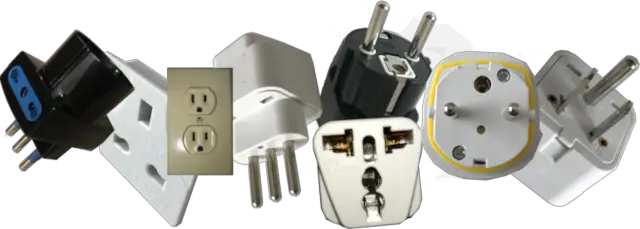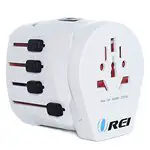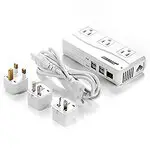How to use plugs from St. Kitts and Nevis in Bolivia
Plugs, sockets, adapters and other information needed for travelling from St. Kitts and Nevis to Bolivia in this page. If you want a report for other countries, re-start the wizard to find to electric adapters for your trip here.
Quick Chart at-a-glance
| St. Kitts and Nevis | Bolivia | ||
|---|---|---|---|
| Voltage: | 230V. | 115V, 220V, 230V. |
|
| Plugs Type: | D, G. | A, C. |
|
| Hertz: | 60Hz. | 50Hz. |
|
If you are electrical savvy, perhaps the previous chart is all you need. If this is not the case, you can continue reading and discover what the chart is saying!
Plugs and Sockets at each country
In St. Kitts and Nevis the following plugs are used: (includes Basseterre.)
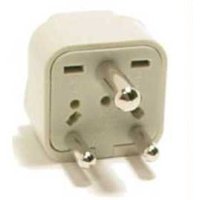
|

|
| Plug Type D | Plug Type G |

|
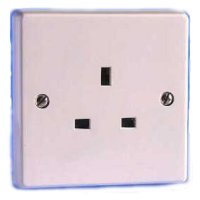
|
| Outlet Type D | Outlet Type G |
... and in Bolivia you will use: (includes Sucre, La Paz, Cochabamba, Potosí, Tarija, Oruro, Uyuni.)
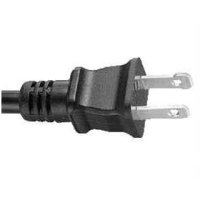
|

|
| Plug Type A | Plug Type C |

|

|
| Outlet Type A | Outlet Type C |

Cemetery Of Trains
Voltage
Take extreme care: the electric network is not homogeneous
Different voltages are used within the countries. So perhaps different voltages are used in different regions or cities. You will have to exercise extreme caution about this. Before pluging any electric device, you should check your device voltage and you must ask a local for the voltage used in the electric network. If you move to different city or region, you should ask again. Using electric devices in different voltage network could incurr in a broken device and even fire. Please read further the page for more information.
On the positive side, nowadays many devices will switch automatically to the network voltage and they will work just fine, i.e. mobile phone chargers are typically multi-voltage (but please, do actually check your own).
High-power devices don't usually handle different voltages due to the high-currents involved i.e. anything that its main purpose involves generating heat (or cold) like hair driers, baby bottle warmers, kettles, etc. On the contrary, modern low-power devices are likely to auto-detect and auto-adapt to different voltages i.e. usb chargers, laptop chargers, etc.
You might either need a step up voltage converter, a step down voltage converter, or maybe, nothing at all. When a country electronic grid is not homogenous, there is not much we can help but ask you to exercise caution.
Plugs Type
Different plug systems
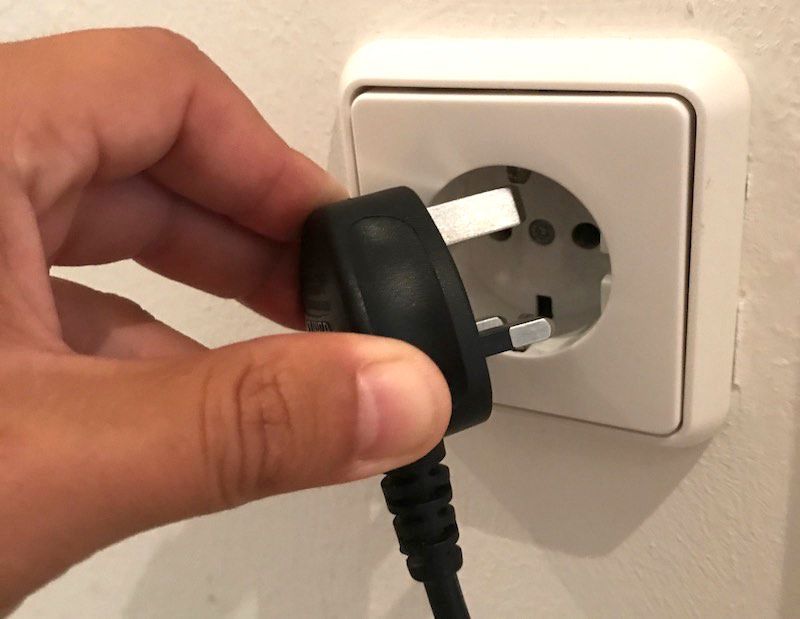
Sorry, none of the plugs used in both countries are common. You will definitelly need plug adapters, please continue reading for more information.
Adapters
Lists of adapters you can use in your travel:
Adapter: generic
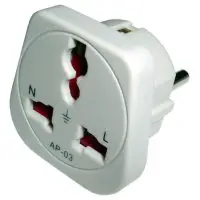
|
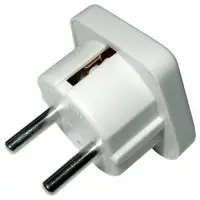
|
| Front | Back |
This adapter allows you to use plugs type: A, B, D, G, I, M into outlets type: C, E, F, L.
This adapter has a safety protection so you don't plug only one terminal into the adapter while touching the other with your finger, because it is generic, when you buy it pay attention to this safety mechanism. Overall a good adapter that has the earth connection pass-though (notice the metallic connector on the side.)
Adapter: generic
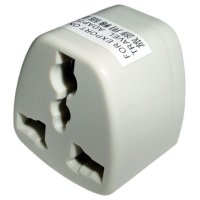
|
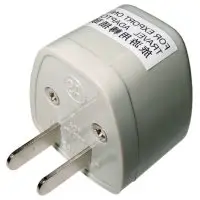
|
| Front | Back |
This adapter allows you to use plugs type: C, D, E, F, G, M into outlets type: A, B.
This adapter is probably illegal in some countries, we put it here for educational purposes; it does not have earth connection but it allows earthed plugs to be connected to it. It has no finger-terminal protection. Try to go for a more expensive and safer alternative.
Adapters you can buy
You can buy the following multi-purpose adapters from Amazon. Please also take a look at the recommended gadgets for your trip.
Hertz
No equal Hertz
This is not a big issue. Unless you are using an electric alarm clock or some motors when speed is an issue. Explanation: Some alarm clocks uses the frequency of electricity network to measure time. So, time shifts could be experimented. Almost every home electronic device works perfectly with different Hertz.
Finally, by the way ...
We are revamping the blog! Visit our new blog here.
↬ a link from your website helps too.
